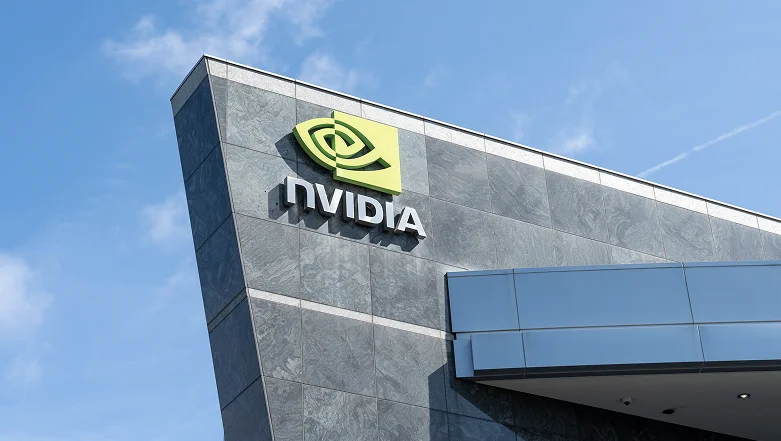Nvidia Shareholder Overview
As of April 2024, Nvidia has 2.46 billion shares outstanding. The ownership distribution is as follows:
Institutional Investors: 13.93%
Insiders: 0.40%
Public Companies and Individual Investors: 85.66%
These figures demonstrate Nvidia's broad appeal among both institutional investors and retail market participants.
Top 5 Individual Shareholders
#1 Jen Hsun Huang – 86.7 million shares (3.52%)

Co-founder and CEO Jen Hsun Huang holds the largest insider position. Widely recognized as a visionary leader, Huang has steered Nvidia from a specialized semiconductor manufacturer to a global AI powerhouse. His 3.52% stake, valued in the billions, reflects his deep commitment to the company's ongoing success. With an estimated net worth of $75.1 billion, Huang ranks among the world's wealthiest individuals.
#2 Mark A. Stevens – 4.1 million shares (0.16%)

As a venture capitalist and long-standing board member, Stevens has been instrumental in Nvidia’s growth, leveraging his expertise in technology and finance to guide strategic expansion.
#3 Tench Coxe – 3.8 million shares (0.15%)

One of Nvidia’s earliest directors, Coxe has significantly influenced corporate governance and strategic direction. His venture capital background has been key in shaping Nvidia's development path.
#4 Harvey C. Jones – 750,000 shares (0.03%)

Jones has contributed nearly 30 years as a board member, providing leadership on committees such as Compensation and Governance to uphold corporate accountability and transparency.
#5 Collette Kress – 622,000 shares (0.03%)

As Nvidia’s Chief Financial Officer, Kress oversees the company’s financial strategy, playing a critical role in driving record revenues and sustained growth.
Top 5 Institutional Shareholders
#1 Vanguard Group – 213.3 million shares (8.67%)

As the world’s largest mutual fund provider, Vanguard holds a significant position in Nvidia via ETFs and index funds. Vanguard’s low-cost, diversified investment approach makes Nvidia a core holding across its portfolios.
#2 BlackRock – 182.2 million shares (7.4%)

BlackRock’s stake signals strong confidence in Nvidia’s market potential. As the largest global asset manager, BlackRock’s investments significantly influence market dynamics.
#3 Fidelity (FMR) – 115.1 million shares (4.67%)

Fidelity’ holds Nvidia shares across multiple funds, reflecting its confidence in the company’s long-term growth potential. Despite minor reductions, Fidelity remains a top institutional shareholder.
#4 State Street – 90.5 million shares (3.67%)

State Street’ includes Nvidia in its ETF offerings, leveraging the company&s status as a major technology firm and S&P 500 constituent.
#5 Geode Capital Management – 52.5 million shares (2.13%)

Geode, a Fidelity spin-off specializing in index fund management, holds Nvidia shares as part of its strategic investment in technology-focused portfolios.
Historical Stock Performance
Since its IPO, Nvidia’s stock has delivered extraordinary returns, appreciating by 47,173.11%. The ten-for-one stock split in June 2024 improved liquidity and accessibility, attracting increased retail investor participation. While past performance is remarkable, investors should note that it does not guarantee future results.
Key Takeaways
Nvidia’s largest shareholders comprise leading institutional investors and key insiders, reflecting widespread confidence in the company’s prospects.
CEO Jen Hsun Huang’s significant ownership underscores his pivotal role in driving Nvidia’s strategic vision and success.
Major institutional investors such as Vanguard and BlackRock maintain substantial holdings, highlighting Nvidia’s dominant market position.
The company's ownership structure signals strong confidence from key market participants. While large shareholders can influence short-term price movements, Nvidia’s long-term value is driven by its innovation and leadership in the technology sector. Investors should weigh these factors alongside broader market trends when making investment decisions.











